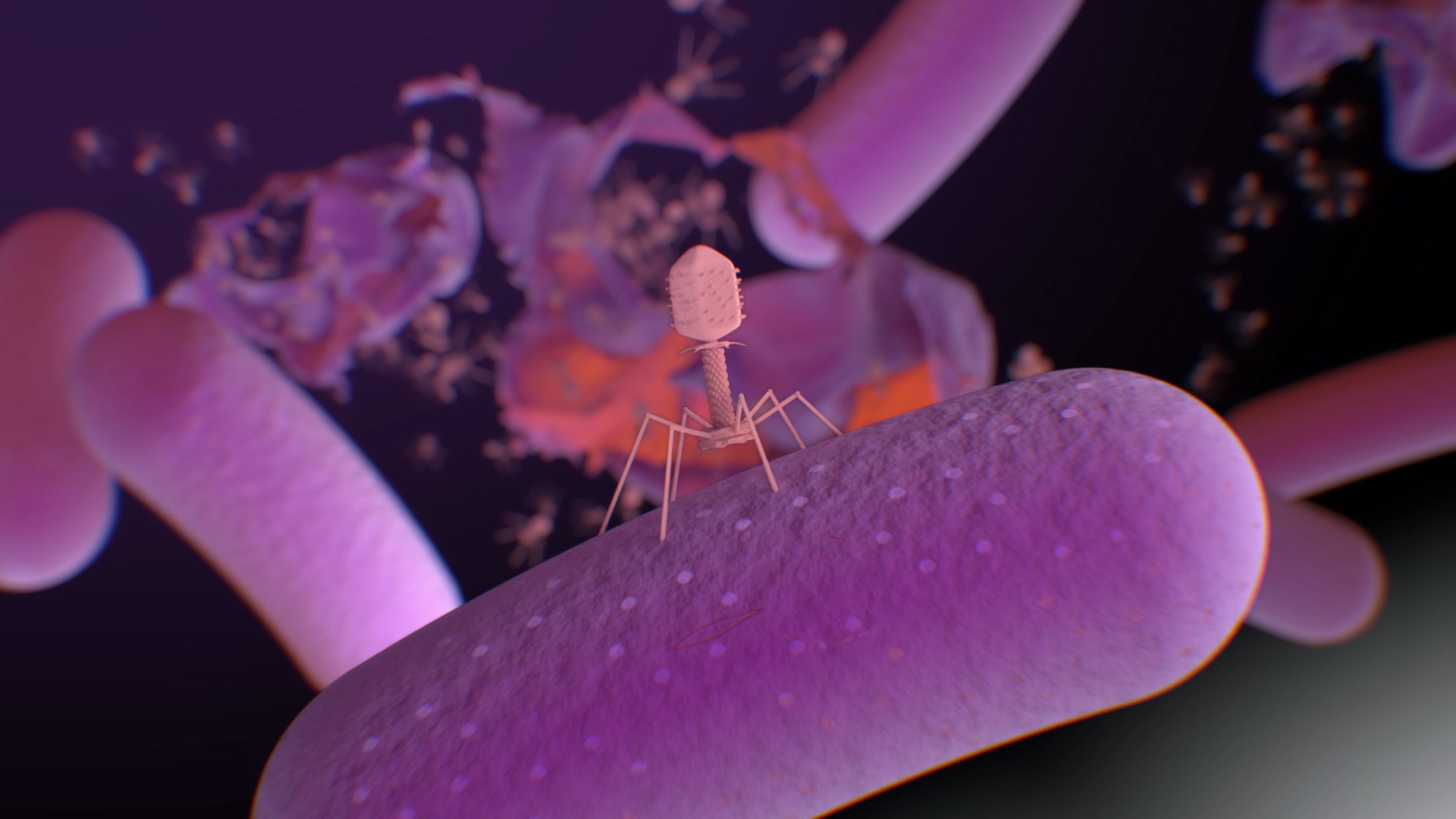Search
Showing results for "Au"

News & Events
2024 Seeding Grant winners announcedEmbrace 2024 Seeding Grant winners (clockwise from top left): Dr Penelope Strauss, Dr Renee Teal, Dr Melissa Licari, Dr Vincent Mancini

News & Events
Writing our story for Wear It Purple DayEmbrace @ The Kids Research Institute Australia celebrates Wear It Purple Day with Rio Tinto

Here are some of the most common questions about phage, phage therapy and antimicrobial resistance (AMR).
Research
Cohort profile: The WAACHS Linked Data StudyDespite the volume of accumulating knowledge from prospective Aboriginal cohort studies, longitudinal data describing developmental trajectories in health and well-being is limited.
Research
Aboriginal Urban Healthy Skin studyAsha Brad Glenn Jonathan Marianne Tim Bowen Farrant Pearson Carapetis AM Mullane Barnett BA MBBS DCH FRACP PhD GAICD FAHMS OAM BSc (Hons), PhD BA (
Research
Accelerate-WA Network: Developing a sustainable family-clinician-researcher network for education and training in the early detection of cerebral palsy for all infants in Western AustraliaAccelerate will develop and pilot, a multi-directorate teaching and training network for early detection of cerebral palsy (CP), encompassing key clinical partners across CAHS and WACHS.

Research
Acute Rheumatic Fever Diagnosis Collaborative Network (ARC)ARC is a global network of collaborators committed to reducing the burden of RHD in our lifetime.
Research
STopping Acute Rheumatic Fever Infections to Strengthen Health (STARFISH)STopping Acute Rheumatic Fever Infections to Strengthen Health (STARFISH) brings together a diverse and multidisciplinary research team to investigate the most effective environmental health initiatives (EHIs) aimed at reducing Strep A infections and prevent Acute Rheumatic Fever (ARF).
Research
Host-dependent resistance of Group A Streptococcus to sulfamethoxazole mediated by a horizontally-acquired reduced folate transporterDescribed antimicrobial resistance mechanisms enable bacteria to avoid the direct effects of antibiotics and can be monitored by in vitro susceptibility testing and genetic methods. Here we describe a mechanism of sulfamethoxazole resistance that requires a host metabolite for activity.
Research
CP Movetime: A wearable sensor and user interface to reduce sedentary behaviours in non-ambulant children and youth with cerebral palsyCP Movetime aims to establish and test a technology-based application to improve health outcomes by monitoring device measured sedentary behaviours in non-ambulant children and youth with cerebral palsy.
